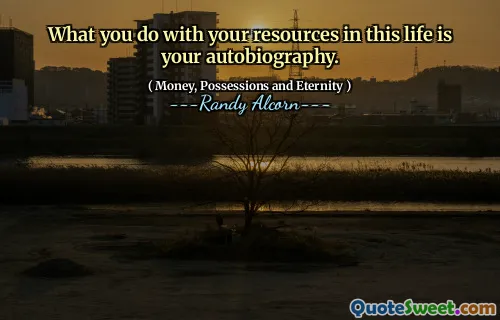
The real social contract, {Edmund Burke} argued, was not Rousseau's social contract between the noble savage and the General Will, but a "partnership" between the present generation and future generations.
Edmund Burke challenged the idea of Rousseau's social contract by emphasizing that the true social contract involves a relationship not just between individuals in a society, but also between current generations and those yet to come. He viewed society as a continuous partnership that must take into account the legacies and responsibilities owed to future generations.
Niall Ferguson, in his book "Civilization: The West and the Rest," delves into this perspective, highlighting that Burke's approach shifts the focus of social contracts from immediate societal agreements to a broader, more inclusive understanding that connects present actions with future consequences, encouraging a sense of stewardship over societal and cultural legacies.








